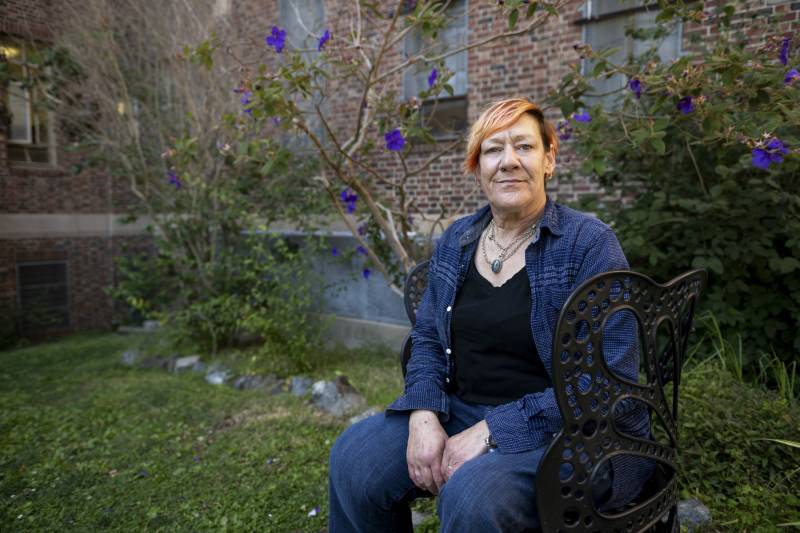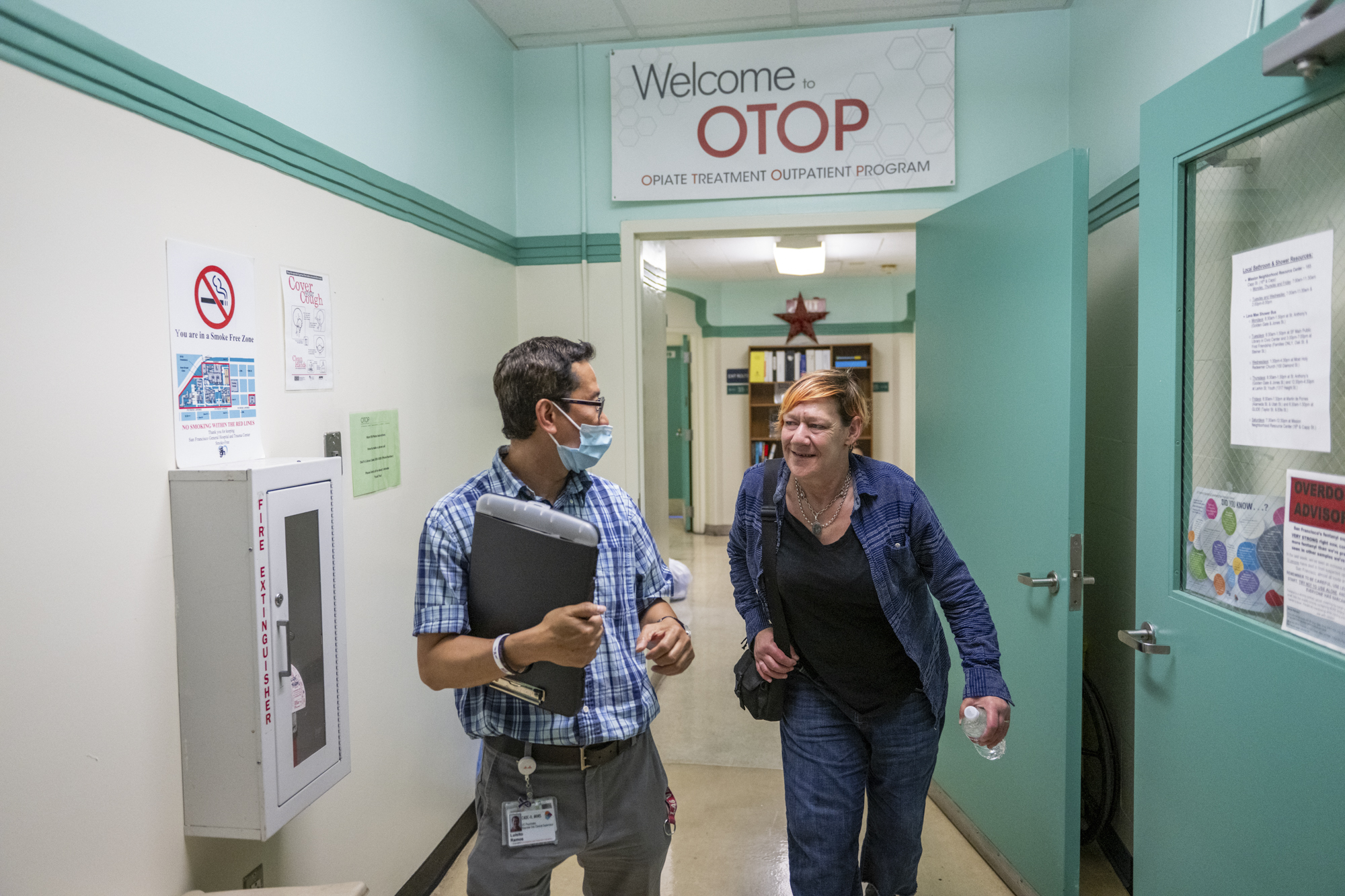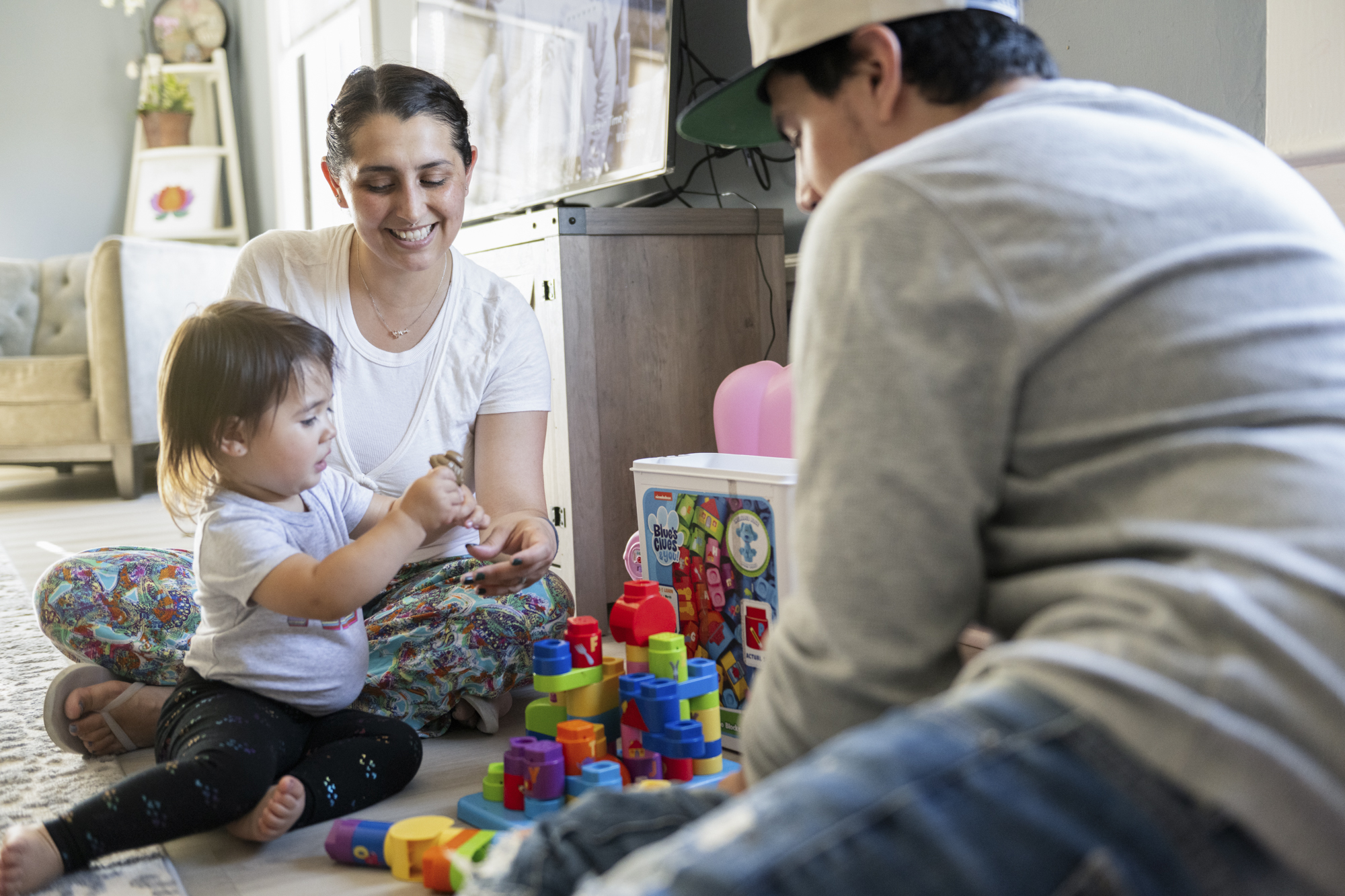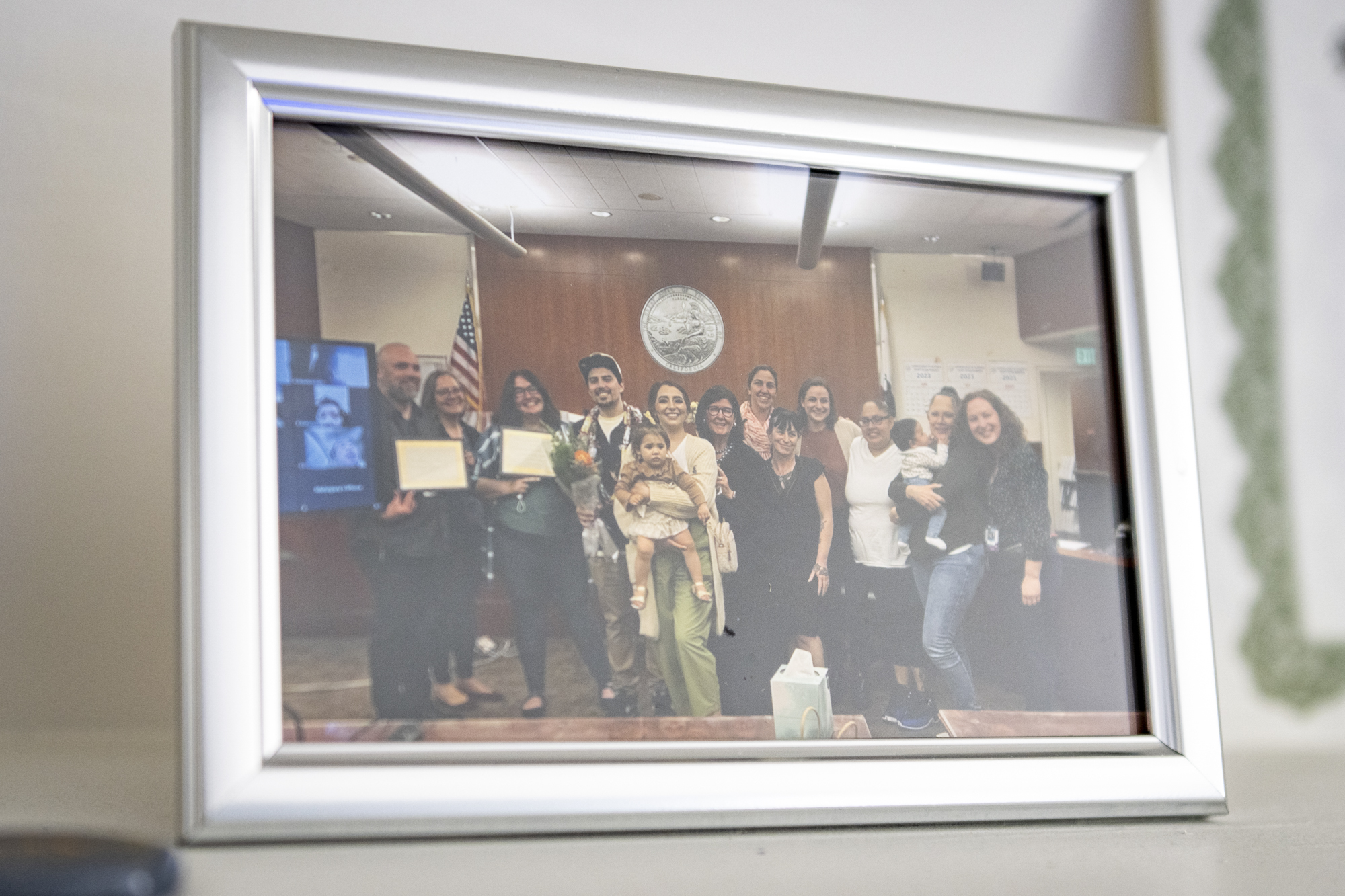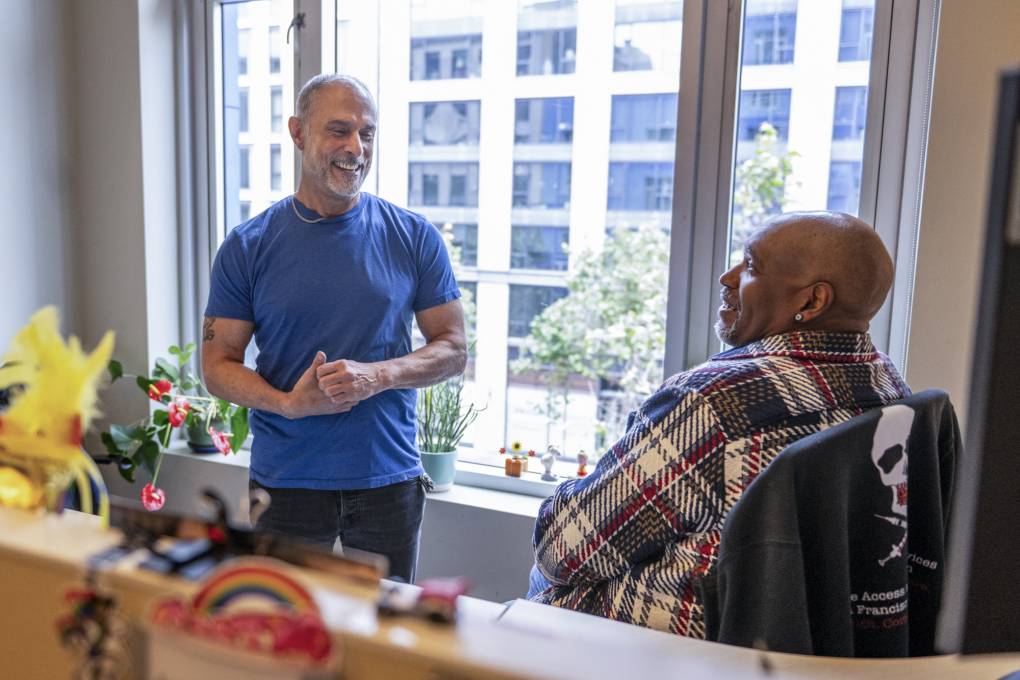In the first half of 2023, 473 people — at least — died from accidental drug overdose in San Francisco, according to the medical examiner’s office.
The majority (80%) of those deaths involved fentanyl, an opioid 50 times stronger than heroin. This year, the overdose rate is currently on pace to be the highest for overdose deaths in the city’s history, exceeding the record set in 2020 when 725 people died due to drug overdose.
The overdose epidemic in San Francisco has continued to escalate despite attempts from city leaders to expand access to treatment and tap the National Guard to throttle drug supply trafficking.
The situation is bleak, but it’s not without hope. Recovery is possible.
What follows is the story of three San Francisco residents, who share their journey through recovery and life beyond drug addiction.
KQED is publishing these stories on Aug. 31, International Overdose Awareness Day, and the week the Biden administration has designated to “honor and remember those who have lost their lives to the drug overdose epidemic.”
